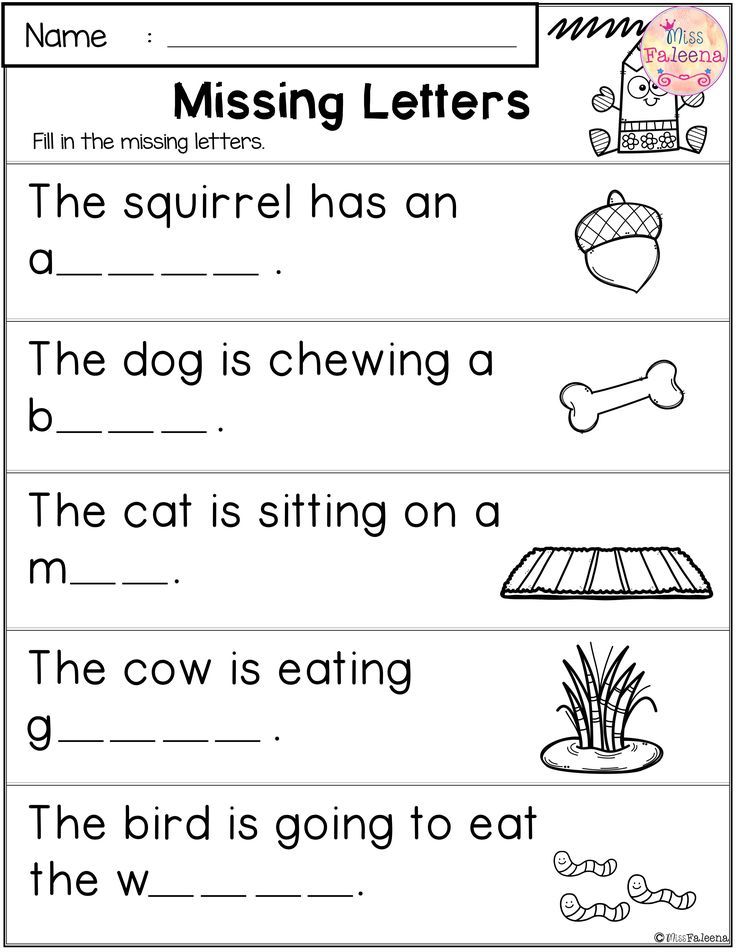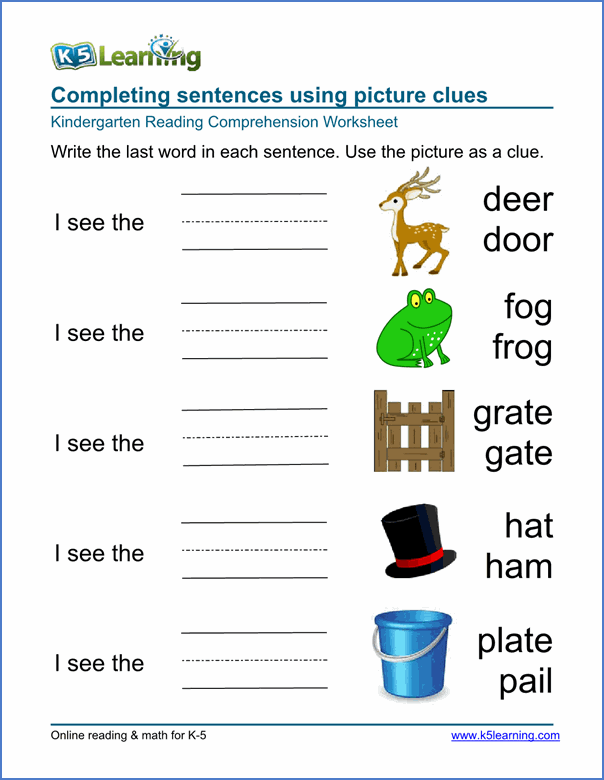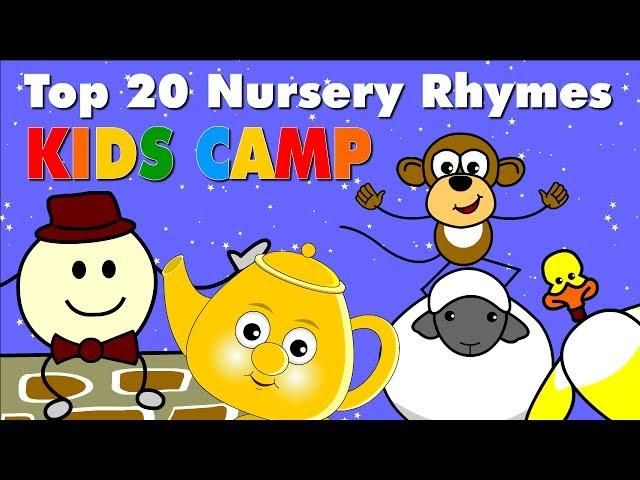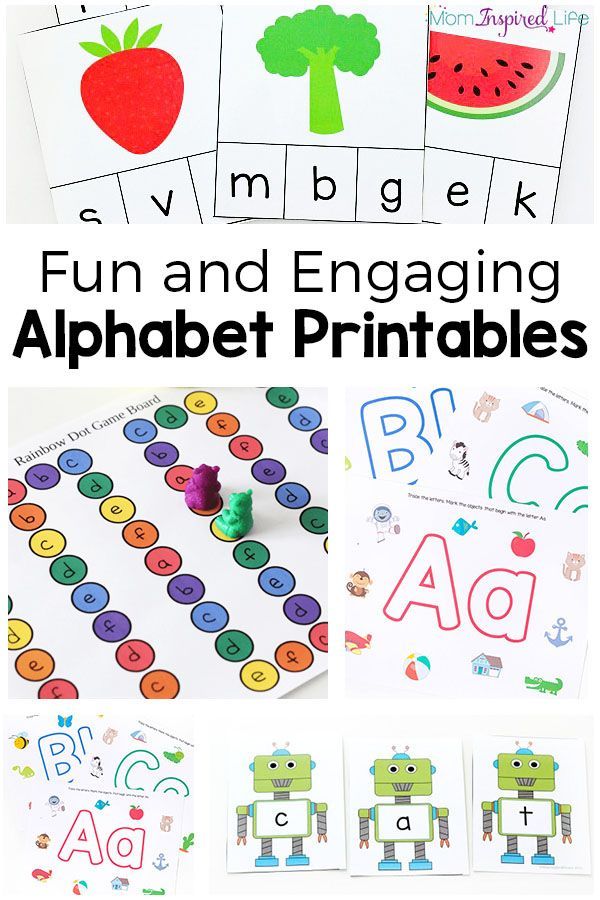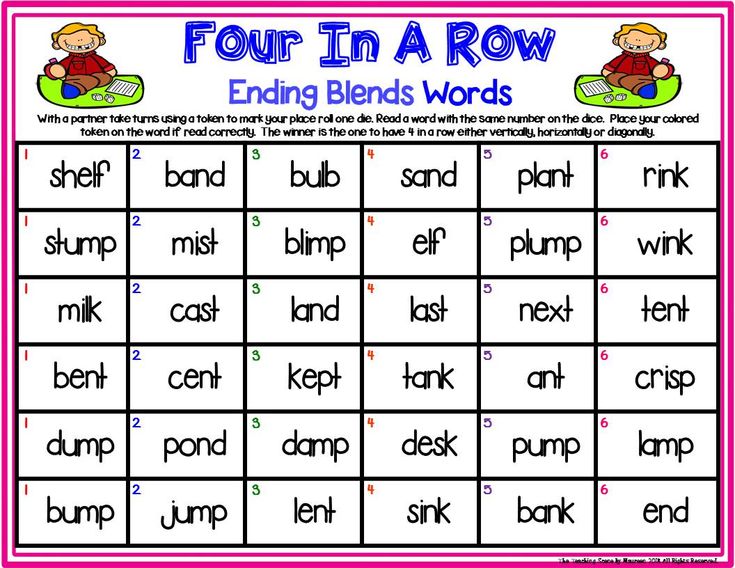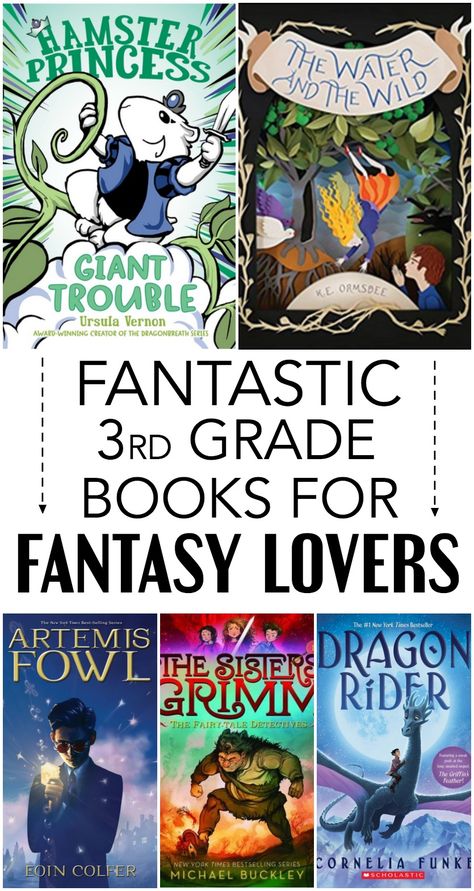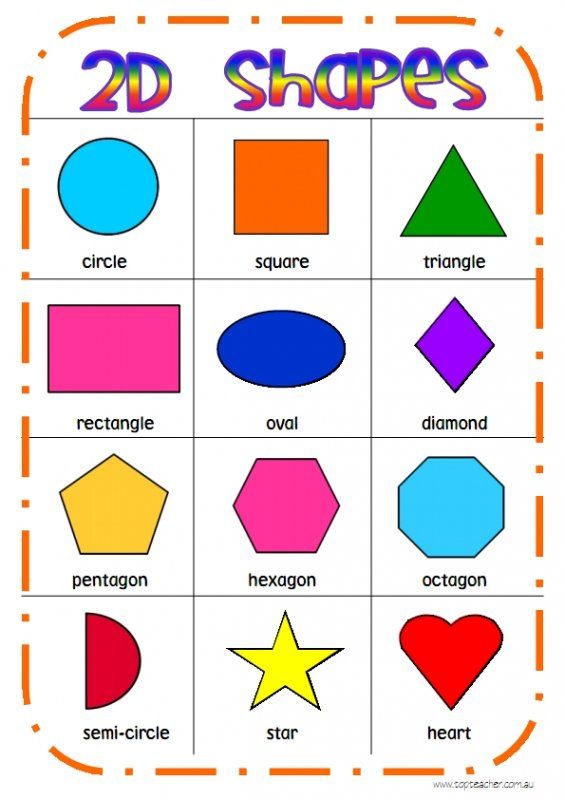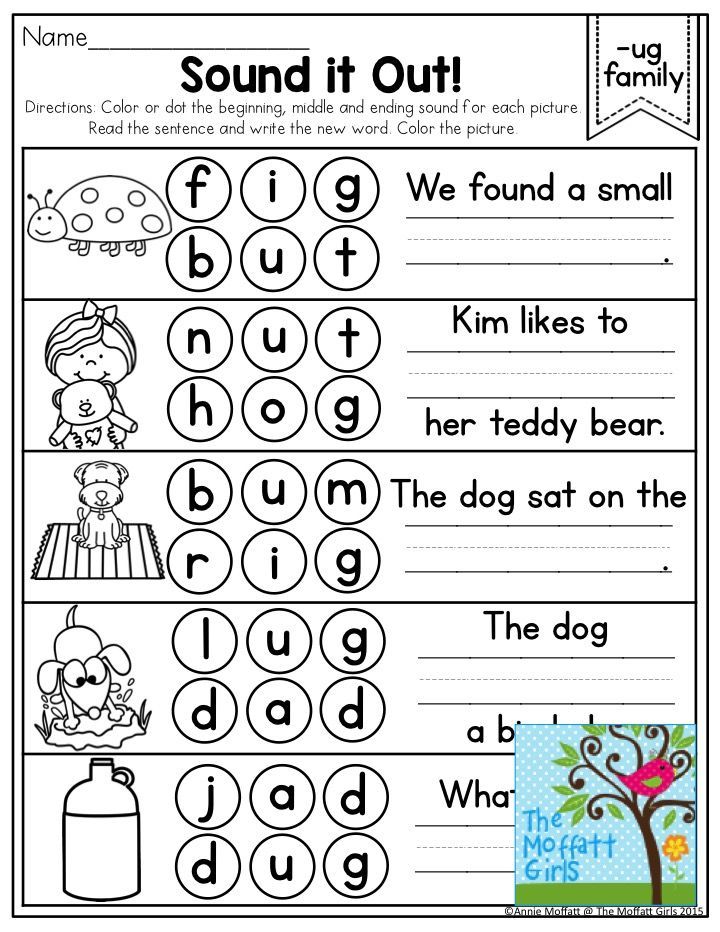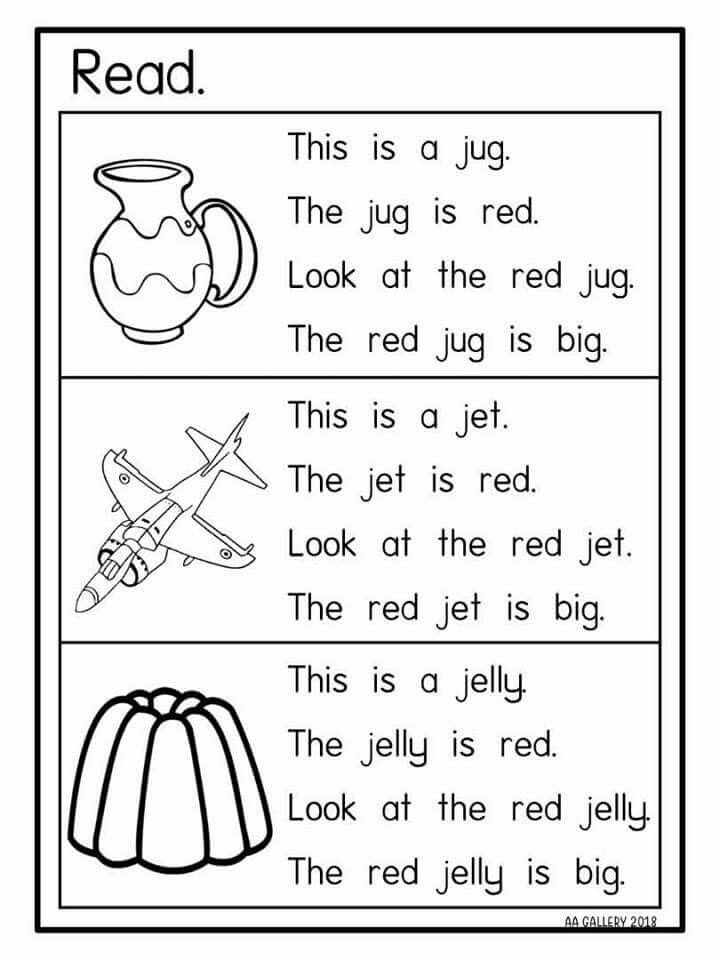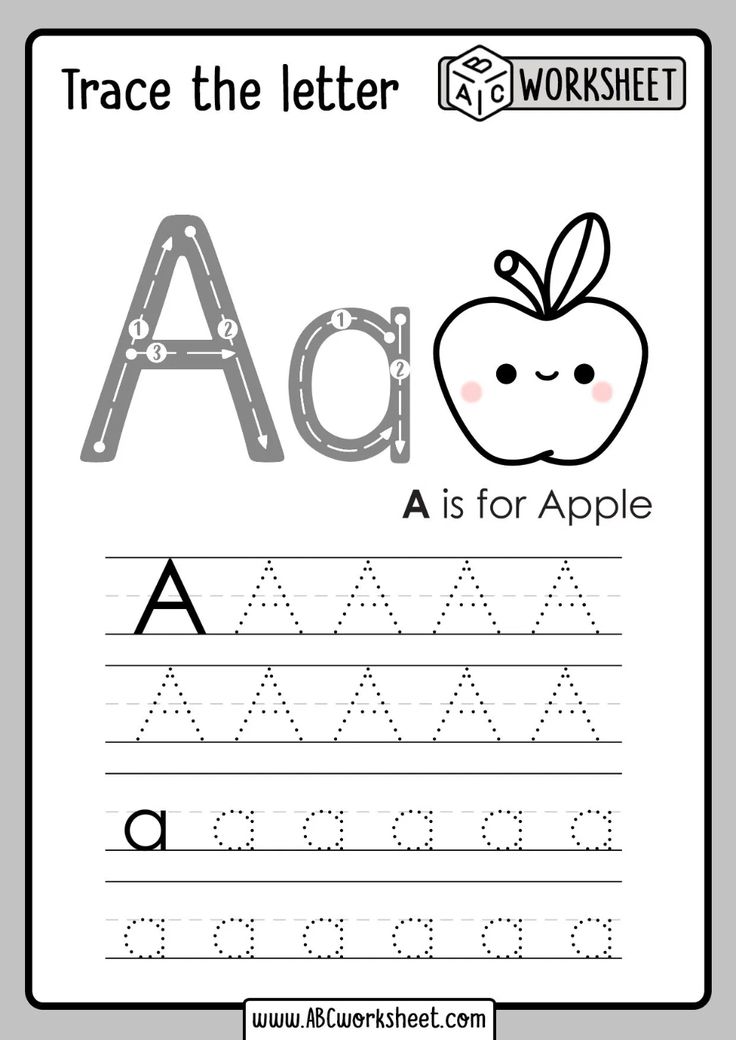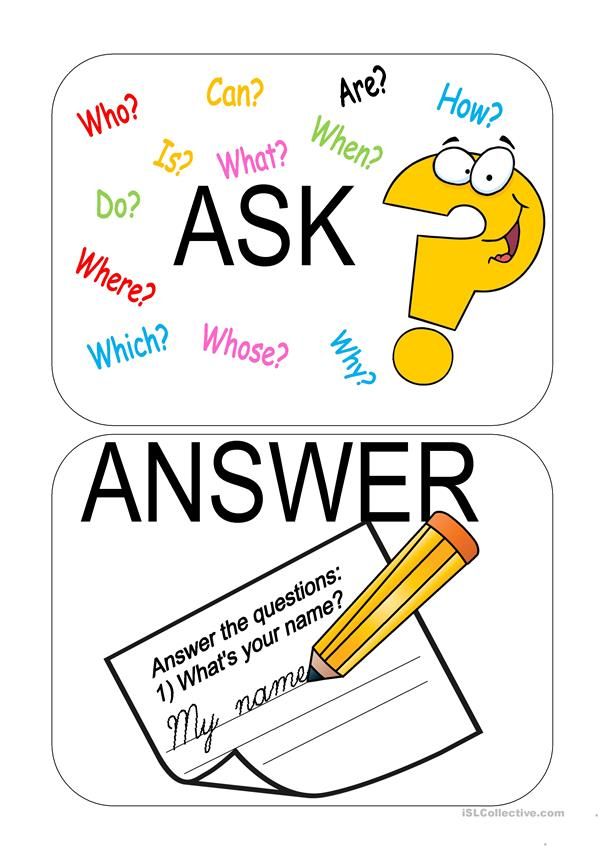Reading help for 1st graders
1st Grade Reading: What Parents Should Know & Tips for Success
It’s never too early to start building a lifelong love of reading — after all, stories are important no matter how old you are! Luckily, there are lots of ways you can help your little one develop their 1st grade reading skills as they dive into the wonderful world of books and stories.
As your child learns to read, they’re opening up a whole new world of information and developing skills that will help them learn for the rest of their life. Keep scrolling to find ways you can encourage and support them.
Foundations needed for 1st grade reading
First grade reading is important because it’s when students learn foundational skills they’ll use throughout the rest of their schooling. Many young readers benefit from focused reading strategies to help them build essential skills like vocabulary and reading comprehension.
First grade is also when kids start to discover a love of reading, independently or with an adult. They read simple stories on their own about subjects they’re interested in, or sit and listen as you read aloud with them.
To help encourage a love of reading, first graders should have key skills to help them as they move on to more complex stories and topics in later grades, including the ability to:
- Retell familiar stories
- Read aloud with grade-appropriate texts
- Find details that support an author’s main points
- Spot points of view and parts of a story while reading
- Identify sight words and high-frequency words in a text
- Sound out new words when they’re reading and spelling
- Read and write simple sentences about topics they’re interested in
- Know the names and sounds of letters, particularly vowels and consonant combinations
- Use strategies for decoding new words like context clues, vowel sounds and substitutions
- Use reading comprehension strategies like answering questions, retelling, identifying point of view and predicting
Tips for first graders' reading comprehension
While most of your child’s reading instruction happens at school, there are lots of ways you can encourage them to read at home and help build their reading comprehension skills.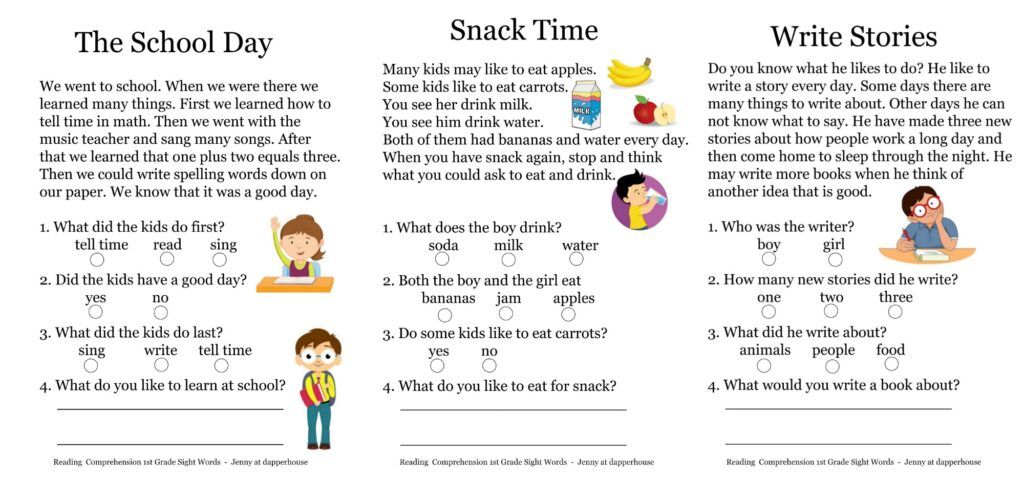
Ask your child’s teacher to recommend any free or low-cost resources they use in the classroom and be persistent in practicing with these strategies:
Identify the main ideas
In fiction and nonfiction, every story has a main idea. As you read with your child, ask them to tell you what they think the most important part of the story is and why.
Learn more about what they’re reading and interested in when you help them summarize the plot, find supporting details and retell the story. A simple conversation about what they’re reading can open new doors for age-appropriate discussions and insights.
Understanding sequencing
It’s important for first graders to understand that stories have a beginning, middle and end. Sequencing helps them practice story structure so they can understand the plot and even start writing their own simple stories!
Your child can practice sequencing when they retell the story, sort flashcards with different story points on them or draw pictures of different points in the story.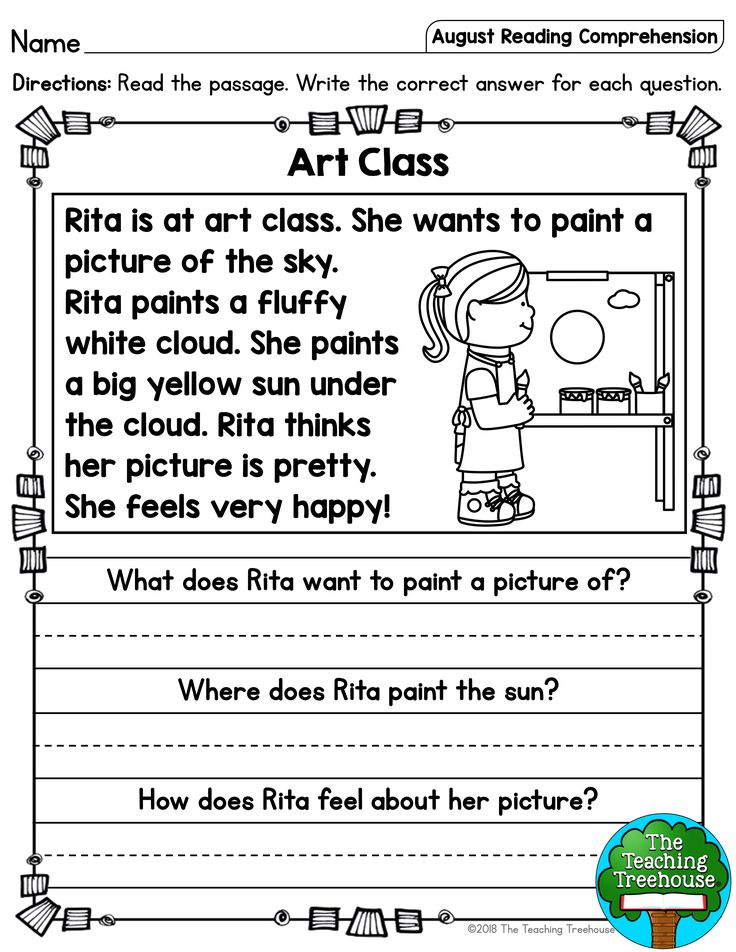
Learn elements of the story
A story doesn’t just have a beginning, middle and end — it also has genre, characters and setting.
Picture books with illustrations can help students sort out different characters and settings or help them talk about the stories they just read. Encourage your child to sort fiction from nonfiction, and talk to them about the plot or the characters they liked best.
Discern reality vs. fantasy
Even in first grade, kids should be able to discern reality from fantasy. As they read, ask your child if the author is telling a real or made-up story. How can they tell?
Figuring out the difference between fiction and nonfiction is an important basis for media literacy, and will eventually help children tell the difference between facts and opinions.
Draw conclusions
After the story’s over, the work’s not done — your child still has to figure out the meaning of the text and draw conclusions from it.
Encourage your child to pick out the main idea and identify whether it’s fact or fiction.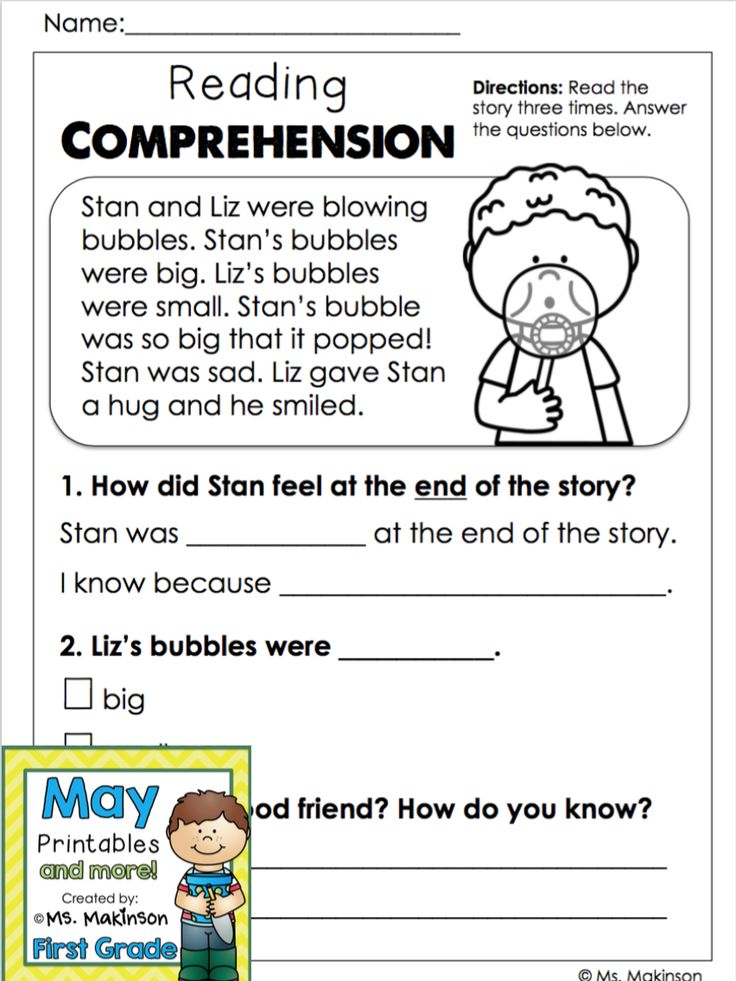 Then, you can work together to predict what happens after the story ends, or decide how the information they just learned relates to their own experiences.
Then, you can work together to predict what happens after the story ends, or decide how the information they just learned relates to their own experiences.
Online resources to help with first grade reading
Helping your child become an independent reader can feel like a daunting task. Luckily, there are lots of online resources to help!
Prodigy English
Prodigy English is a brand-new adventure designed to help kids build a love of English learning. As they play, they'll gather resources and answer curriculum-aligned reading and language questions.
Set in a unique world full of wishes and new characters, every correct answer gives your child more energy they can use to build items, earn coins and create a world just for them.
Create a free account today to get started!
Cost: In-game educational content free for students and teachers, optional Membership upgrade available
Sign up nowEpic
Epic is a digital reading platform with thousands of books for kids to choose from.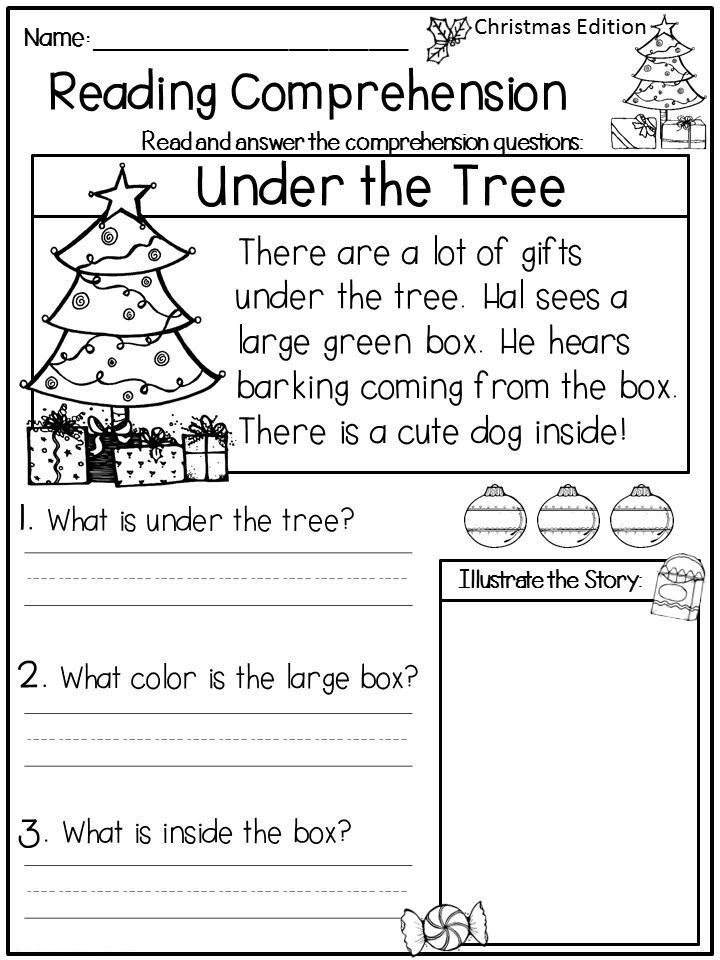 Whether they’re reading in the classroom or at home, it can help encourage independent reading and give your child access to books on any topic they’d like.
Whether they’re reading in the classroom or at home, it can help encourage independent reading and give your child access to books on any topic they’d like.
Cost: Free
Newsela
To help your child develop key reading skills, introduce them to Newsela! This site has lots of engaging content sorted by topic. It’s a great supplemental resource to compliment what your child is learning at school.
Cost: Free content, but most is hidden by a paywall
Sora
From the makers of Overdrive, Sora is a free reading app that lets students borrow books from local libraries and learn to read independently. Use it to read with your child or encourage them to read on their own.
Cost: Free with library card
Starfall
Starfall is a site filled with resources that teach reading through play and positive reinforcement. Created as an alternative to non-educational entertainment, Starfall offers free content as well as membership options that can replace reading worksheets for kids.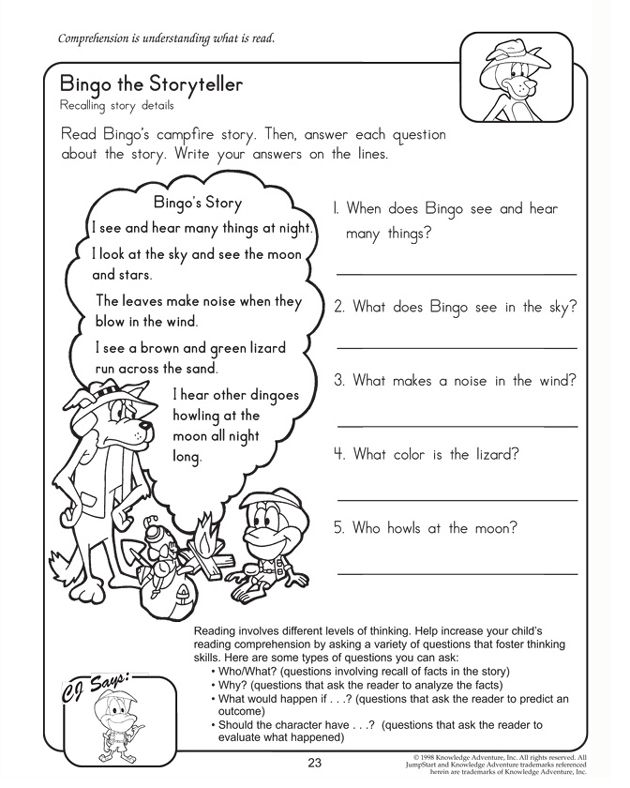
Cost: Free, some content behind a paywall
Storynory
Storynory is a site full of free audiobooks for kids who prefer to listen rather than read. Available online or as an app, Storynory focuses on classic authors, fairy tales and educational stories in an engaging audio format.
Cost: Free
14 Great books for first graders
Every child has their own abilities and preferences when it comes to reading — but there’s a book for everyone!
Whether they’re reading first grade books or moving on to second and third grade novels, these picture books and chapter books encourage them to practice key skills such as phonics, consonant blends, vowels and general reading comprehension.
1.
There’s an Alligator Under My Bed by Mercer MayerThis funny book tells the story of a little boy afraid of the alligator under his bed and his elaborate rituals to make it go away.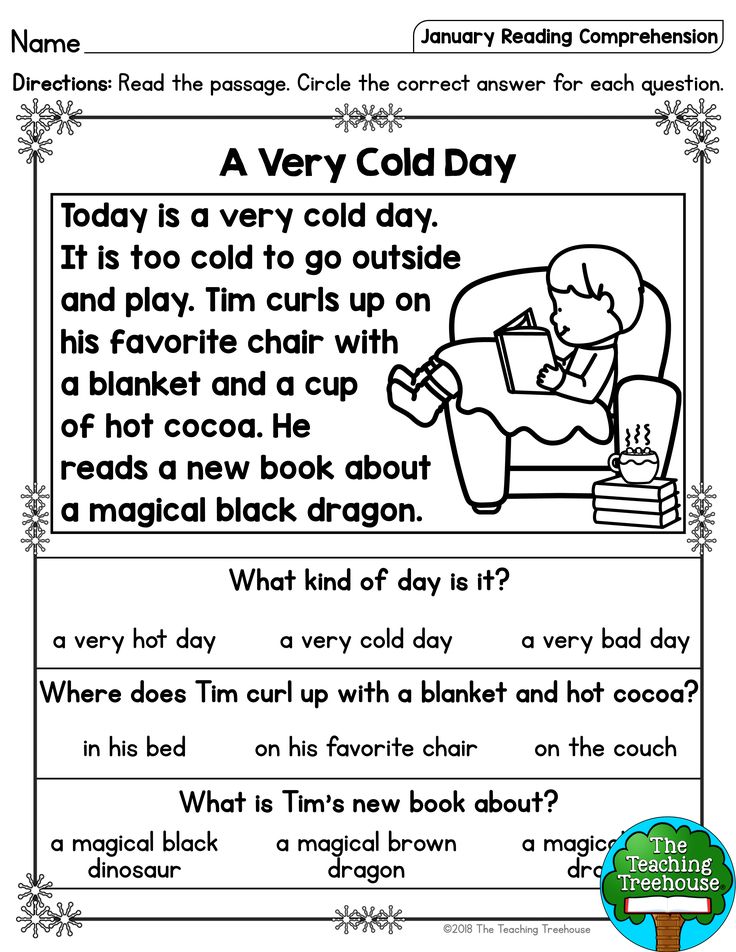 But is the alligator real?
But is the alligator real?
2.
Freckle Juice by Judy BlumeAndrew wants freckles like his best friend, and Sharon says her secret freckle juice will do the trick. Kids will have a hoot figuring out if the freckle juice is worth it.
3.
Ramona the Pest by Beverly ClearyRamona is starting kindergarten and she’s learning how to get along with other students. Laugh along as she makes mistakes and learns important lessons — and use it as a chance to learn about social-emotional skills with your little one.
4.
Hot, Hot, Hot by Neal LaytonOscar and Arabella, two Ice Age mammoths, love to play in the snow. When their world starts getting warmer, they have to get a little creative to stay cool.
5.
365 Penguins by Jean Luc FromentalA family finds a new penguin on their doorstep every day for a year. Read along as they figure out what’s going on and how to take care of all their new critters.
6.
Water Boy by David McPhailA special little boy overcomes his fear of water and finds amazing new powers.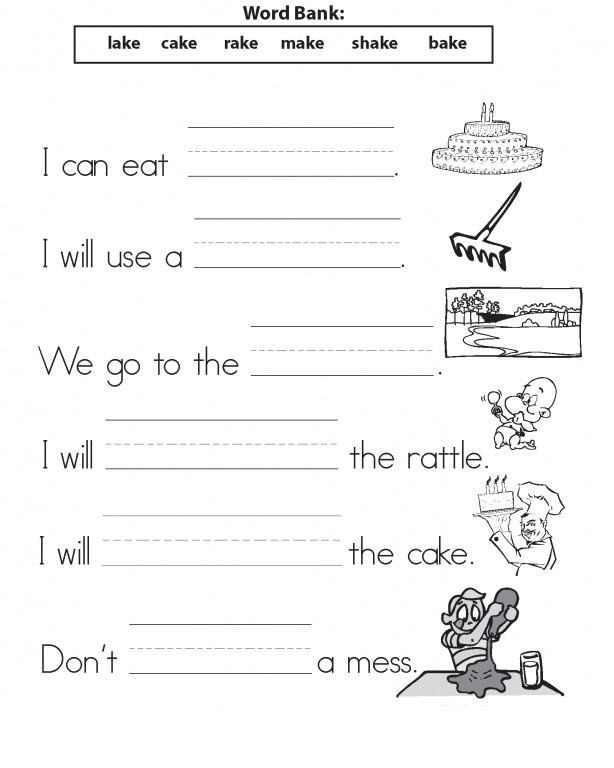 Read along as he discovers how to use them, and encourage your child to face their own fears.
Read along as he discovers how to use them, and encourage your child to face their own fears.
7.
Green Eggs and Ham by Dr. SeussIn this classic rhyming book, the narrator goes on zany adventures as he tries to avoid eating the dreaded green eggs and ham. Whether you’re reading with a fox or in a box, this book is a favorite for many children (and adults).
8.
Brown Bear, Brown Bear, What Do You See by Bill MartinThis board book is perfect for early readers just learning about words, shapes and colors. They’ll connect animals with colors and learn about all the wonderful things they can find in nature.
9.
Sheep in a Jeep by Nancy ShawThis crazy picture book lets readers follow along with a flock of sheep driving through the countryside — and all the trouble they get into along the way!
10.
When Will I Read by Miriam CohenLearning to read can be tricky at times. In this book, kids can follow along with the journey of a boy who’s learning to read and celebrate his (and their) success along the way.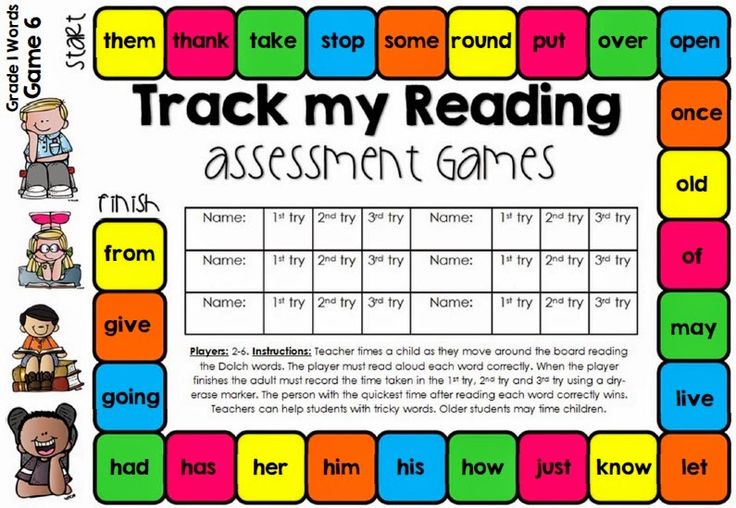
11.
This Moose Belongs to Me by Oliver JeffersWilfred has a pet moose named Marcel. But what happens when, in the woods, someone else claims Marcels as their own? This beautiful picture book explores themes of friendship in a fun, child-friendly way.
12.
Where Are You From by Yamile Saied Méndez and illustrated by Jaime KimA little girl asks her abuelo to help her tell people where she’s from. In the process, she learns an important lesson about self-acceptance and identity.
13.
If You Give a Mouse a Cookie by Laura Joffe NumeroffA hungry mouse shows up on your doorstep, and you give him a cookie. But what kind of crazy shenanigans will happen next? Kids will have a blast following along with this unlikely journey.
14.
The Giving Tree by Shel SilversteinThis book tells the story of a boy and the tree that always provides for him, no matter how old he is. Children will learn an important lesson about relationships, giving and love from celebrated poet Shel Silverstien.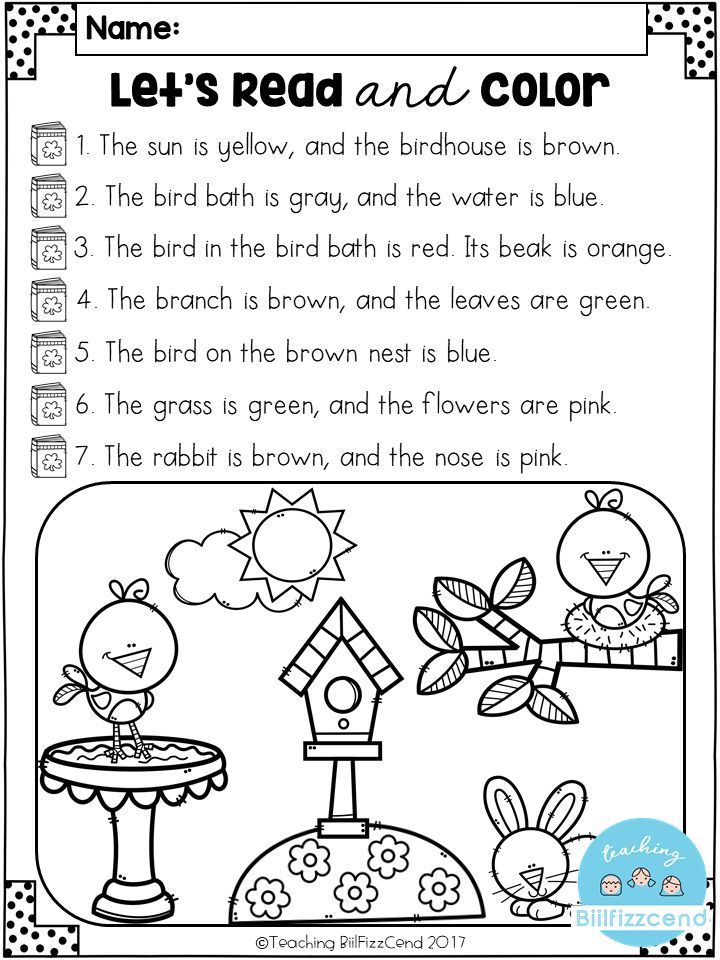
7 Fun 1st grade reading activities
Reading is great — but sometimes kids need a little variety. Use these activities to help first graders build positive, fun relationships with reading comprehension and build new skills!
1. Act out the story
Charades, pictionary, at-home theatrical productions — there are a lot of ways kids can tell you the story of what they’re reading, whether through play-based learning or more structured activities.
Retelling stories helps first graders grasp details like plot, characters and setting, and helps improve recall skills. Plus, it’s a lot of fun for you and for them!
2. Read poems together
Simple, popular poems can help kids delight in rhyming and give them new ways to think about the language they use everyday.
Some popular poems for kids include:
- “Wind on the Hill” by A.A. Mile
- “Life Doesn’t Frighten Me” by Maya Angelou
- Where the Sidewalk Ends, an anthology of children’s poems from Shel Silverstien
If you have a favorite poem, this is the perfect time to share it with your child.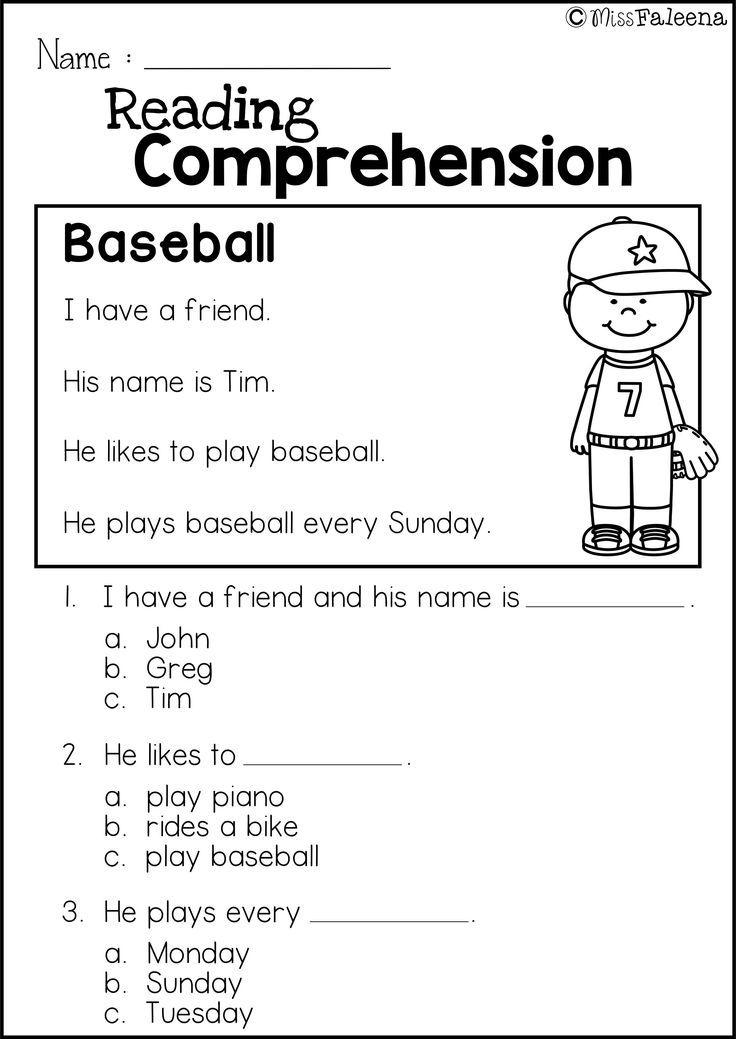
3. Document words in a word journal or dictionary
When kids are reading, they’re constantly coming across new words like nouns, verbs and adjectives.
Give your child a space to write down words and their definitions, or even draw pictures of what they represent. They can reference it when they’re stuck, or look back at all they’ve learned.
4. Have an art session
After kids are done reading, encourage them to draw or paint the story using their favorite art supplies.
This helps them understand what happened in the story. It also gives them a way to express what they think their favorite characters or settings looked like using clues from the story.
5. Use story maps and graphic organizers
Story maps are a great way for kids to sort through their thoughts about reading and the facts they just learned.
Help your first grader fill in bubbles or charts that help them identify characters, setting, plot, genre and other story elements.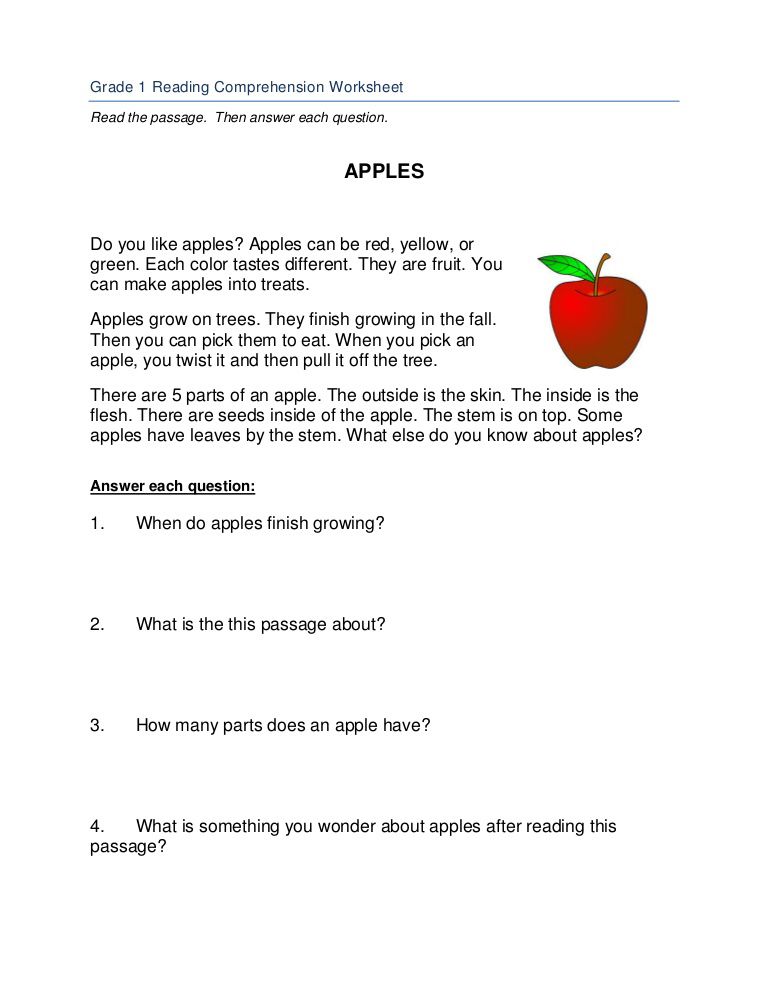 They can also use it to make predictions about what happens next, or record new facts and words they learned.
They can also use it to make predictions about what happens next, or record new facts and words they learned.
6. Listen to an audiobook
If kids aren’t excited about reading or want to tackle more complex texts before they’re ready, audiobooks are a great alternative. Encourage them to listen as part of their evening wind-down routine or during quiet time.
Audiobooks are also a great way to encourage a love of stories if children are struggling with word recognition. Practice is important, but sometimes it’s nice to give kids a positive break.
7. Encourage special interests
Space, ballerinas, race cars — no matter what your child is interested in, there’s a book for it. Ask a librarian at your local library to help you find books your child will love, or host a book swap with friends to expose your child to new genres.
Encourage a lifelong love of reading starting in 1st grade
When it comes to exploring the wonderful world of books, first grade readers are just getting started!
Set aside dedicated reading time every day, but don’t overwhelm your child.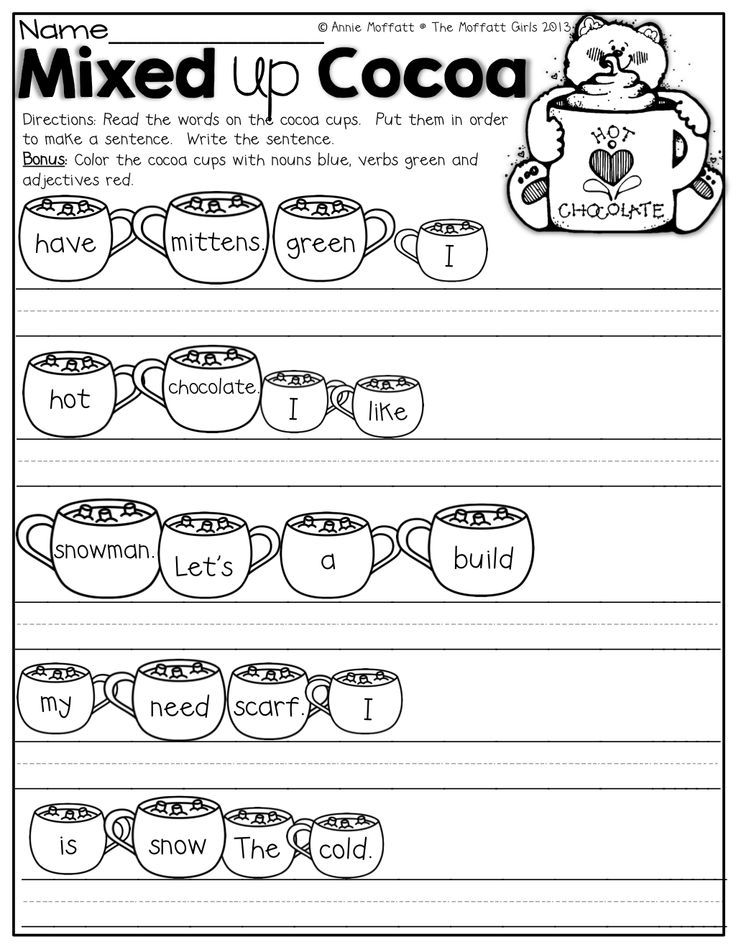 It’s important to let them discover what they want to read and build a love of reading on their own. Use reading as a quiet activity or cozy up with a blanket and a good book for an afternoon of family time!
It’s important to let them discover what they want to read and build a love of reading on their own. Use reading as a quiet activity or cozy up with a blanket and a good book for an afternoon of family time!
Prodigy English is the brand-new adventure from Prodigy Education that helps kids build a love of reading. As they answer reading and language questions, they’ll gain energy they can use to create a world of their very own!
Create a free account to get started today.
Sign up now1st Grade Reading Activities For Struggling Readers
First grade is often where your child’s reading foundation is developed thoroughly. This is an essential grade for your child to establish their reading level and progress. However, sometimes children might struggle as they try to advance their reading skills. If you find that your child is struggling with reading, you can help them by trying these 1st grade reading activities for struggling readers.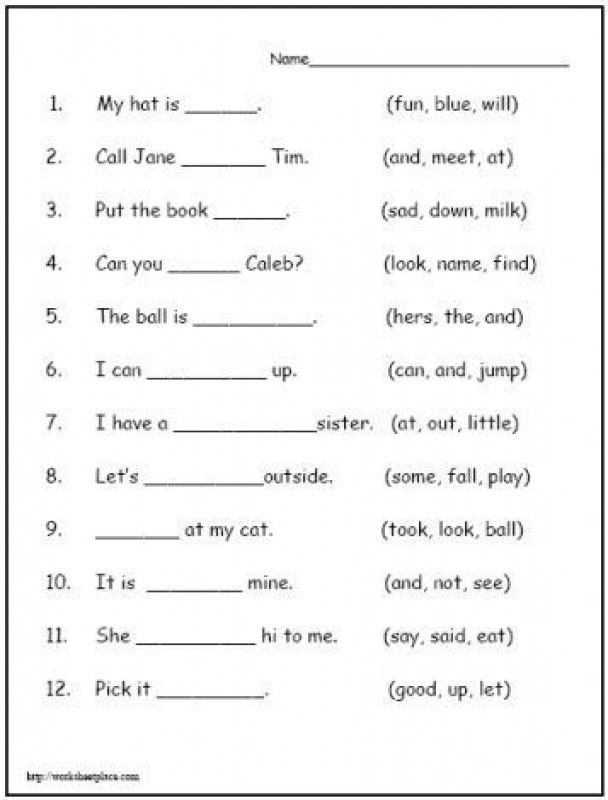
What reading skills should my 1st grader have?
Your first grader is definitely a full-fledged reader now! They already have many reading skills that they are continuing to improve and also acquiring new reading skills.
By the end of first grade, your child will have learned 150 sight words. They also should be familiar with many one syllable words and high-frequency words.
In first grade, they should be able to understand the basic structure and features of a sentence.
By now, they are also able to talk about what they have been reading and be able to answer content questions. Your child should also be able to understand the differences between fiction and non-fiction books and texts.
If you find that your child is struggling with any of these reading skills, they might need some more practice or intervention to help them get to their appropriate reading level.
How often should my 1st grader be reading?
When it comes to practicing their reading skills, first graders on average should be reading at least 10 minutes every day.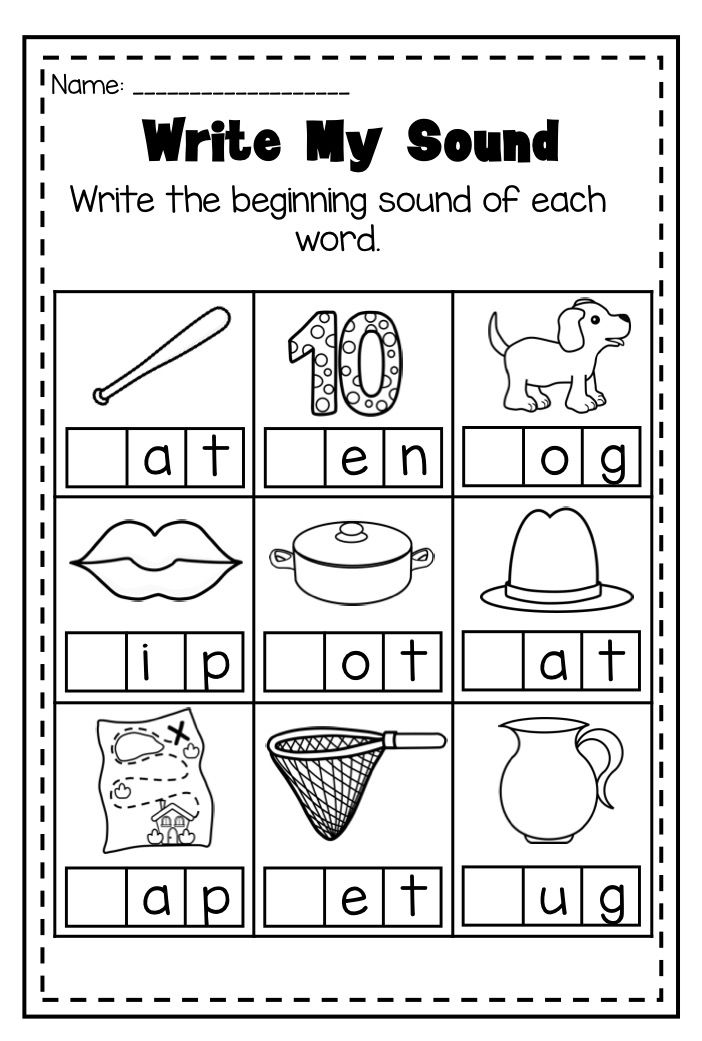
This might not seem like a lot of time but even just 10 minutes of reading time can help make a massive improvement in their reading skills. Make the 10 minutes a daily habit for your child like brushing their teeth.
Also, while 10 minutes is a good average number for all readers, struggling readers might be overwhelmed with anything more than that.
Some children might be hesitant or resist reading every day at first, but there are ways to make reading fun and an activity they look forward to doing.
How do you make reading fun for struggling readers?
Reading can be difficult for some first graders. It is important to be patient but also encouraging with your struggling reader. Here are some activities to make reading fun for them to get them to read every day:
- Read as a family – Reading as a family not only creates strong bonds, but it also helps to give your child a model for good reading habits. When they see you prioritize reading, they are more likely to value it and prioritize it as well.
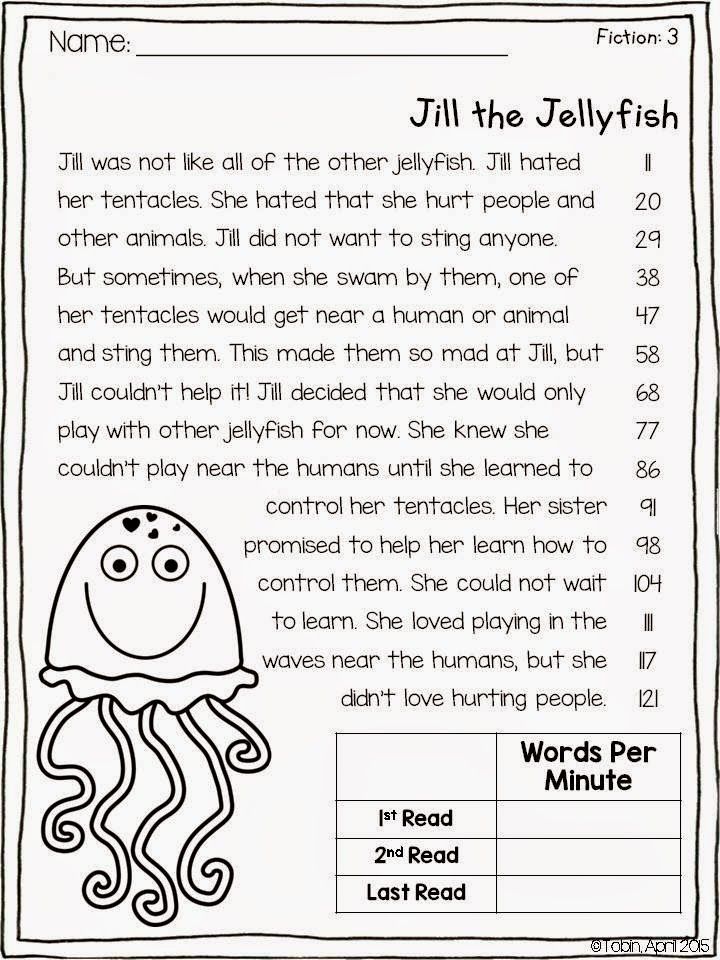
You can schedule 10 minutes for everyone to read their own books together or you can choose a book as a family to read aloud.
- Read on TV – Using television as a reading tool might seem counterintuitive, but it is a great way to get your child to read without even knowing it!
When your child is watching television turn on the subtitles so that they can watch and read at the same time. This is a strategy commonly used with students learning a second language to practice both reading and listening skills.
- Visit a library – Get your child excited to read by going on a couple “reading field trips” such as going to a library. You can tour your local library and have your child pick out a few books to take home.
- Visit a museum – Another great “reading field trip” option is to visit a museum. Museums often have a ton of great reading practice opportunities, and you can also prep your child before the visit by reading an article or story about the museum.
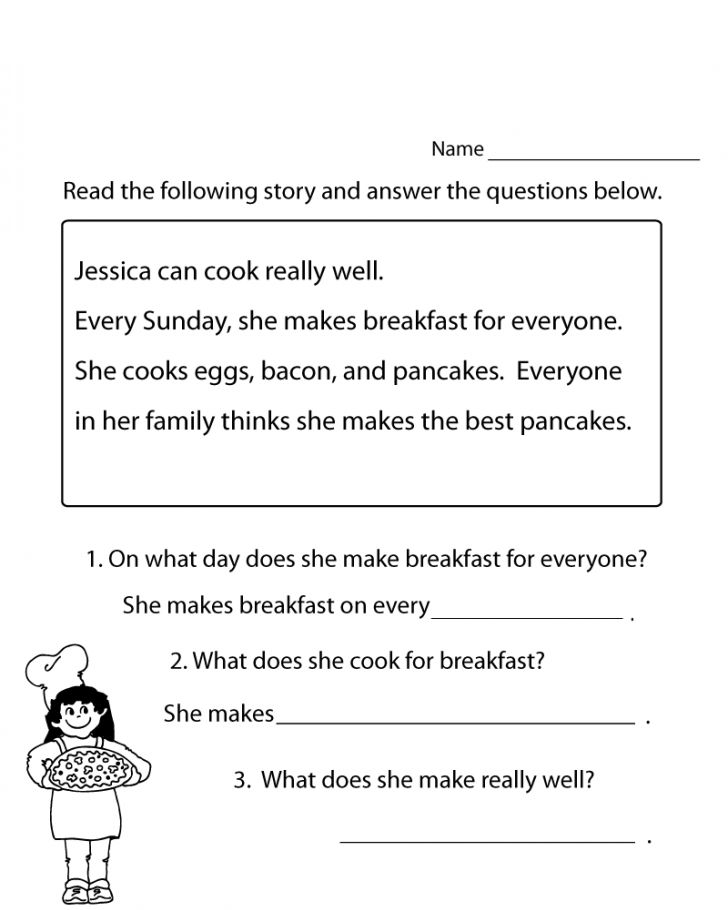
- Talk to an author – What better way to get your child about reading a book than by talking to the person that wrote it?
While you might not be able to talk to J.K. Rowling, many children’s books authors have meet ups at local bookstores or you can ask to talk to them virtually through Zoom.
Websites like Cameo also have some authors offering to record personalized videos, so you can have an author create a video just for your child!
- Create reading goals – Reading goals can help your child see the progress they are making and helps to keep them motivated. You can help them visualize and meet these goals by creating a reading goal chart or tracker and display it somewhere they will always see it.
- Use a reading app – Technology is your greatest tool to help with your struggling readers. Try using reading apps such as Readability which acts like a private reading tutor for your child. They can get reading help whenever and wherever they need it!
- Get them to write – Reading and writing are closely related language skills.
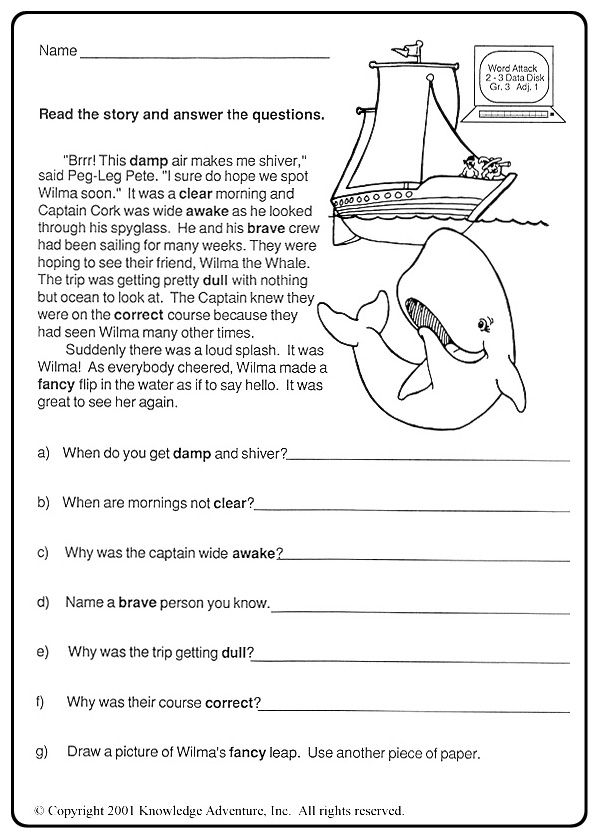 Often, good readers make good writers, and good writers make good readers.
Often, good readers make good writers, and good writers make good readers.
You can encourage your child to practice their writing and reading skills by making comic books or short stories together then read them as their daily reading material.
First grade is a critical time for young readers to improve their reading skills and build new ones. Using activities and tools such as Readability can make reading fun and interactive for struggling or reluctant readers. Encouraging your child to read every day can help them to become a better reader and actually learn to enjoy reading.
How to instill in a first grader a love of reading? Step-by-step instructions from Gaidarovka
By the beginning of the school year Central Children's Library named after. A.P. Gaidar offers a plan for the development of reading skills in a first grader. The step-by-step instruction is designed for 9 academic months, and at the end there is a mini-list of books about studying, reading and schoolchildren.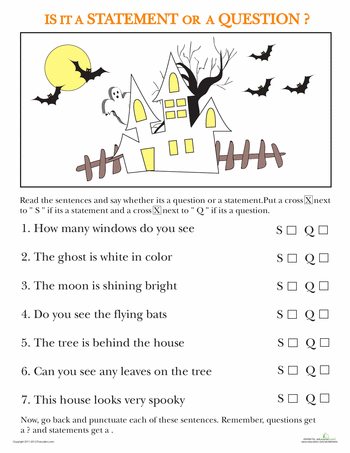 Go!
Go!
With the advent of a first-grader, many things change in the family: from logistics to the psychological atmosphere. Even if the parents responsibly and scrupulously approached the choice of the school, and especially the first teacher, they still have fears: what if the school curriculum, the very principles of teaching, lists of references, which are formed as if without taking into account the interests of the little reader, will discourage him from taking a book into your hands? But the habit of reading, which without love, craving and interest does not arise and does not develop, is a basic skill for successful learning. Without it, the whole structure of knowledge transfer collapses. nine0003
And, in the end, not everything in this life rests on knowledge and benefit, nobody canceled the pleasure from a good book either.
And what should parents do in this situation?
To slip only the modern, nag “read-read-read”, pay for what you read, support by your own example, read yourself everywhere and everywhere, discarding gadgets, or shift all responsibility onto the shoulders of the teacher?
Deputy Director of the Central City Children's Library.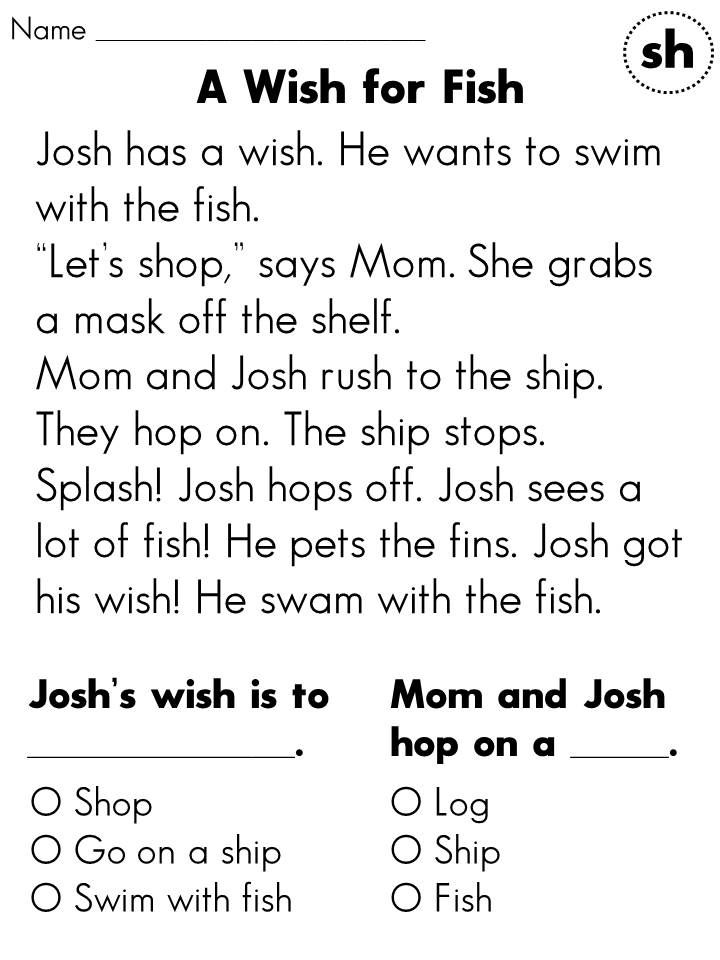 A.P. Gaidar Marina Solomonova advises parents to remember: “School is school, but no one knows your child better than you, his pace of learning new things and the pace of life in principle. What is your dreamer, good-natured, or bully? But the school curriculum for all these children will be the same.” nine0003
A.P. Gaidar Marina Solomonova advises parents to remember: “School is school, but no one knows your child better than you, his pace of learning new things and the pace of life in principle. What is your dreamer, good-natured, or bully? But the school curriculum for all these children will be the same.” nine0003
To help parents, we came up with a plan with life hacks for the entire school year. However, not only parents of first graders can use it: it is also suitable for preschoolers and other younger students. It is important to simply understand which stage your child is currently at and smoothly move him to the next level. The main thing is not to take the plan literally and enjoy reading together.
September. Reading aloud as psychotherapy
At this stage, reading is a ritual, a cozy habit, a time for parent and child only. The little man is in the process of adapting to new conditions. Even in the most ideal case (we wish you just that), he experiences the stress of changing his life, and a pleasant ritual helps to reduce anxiety.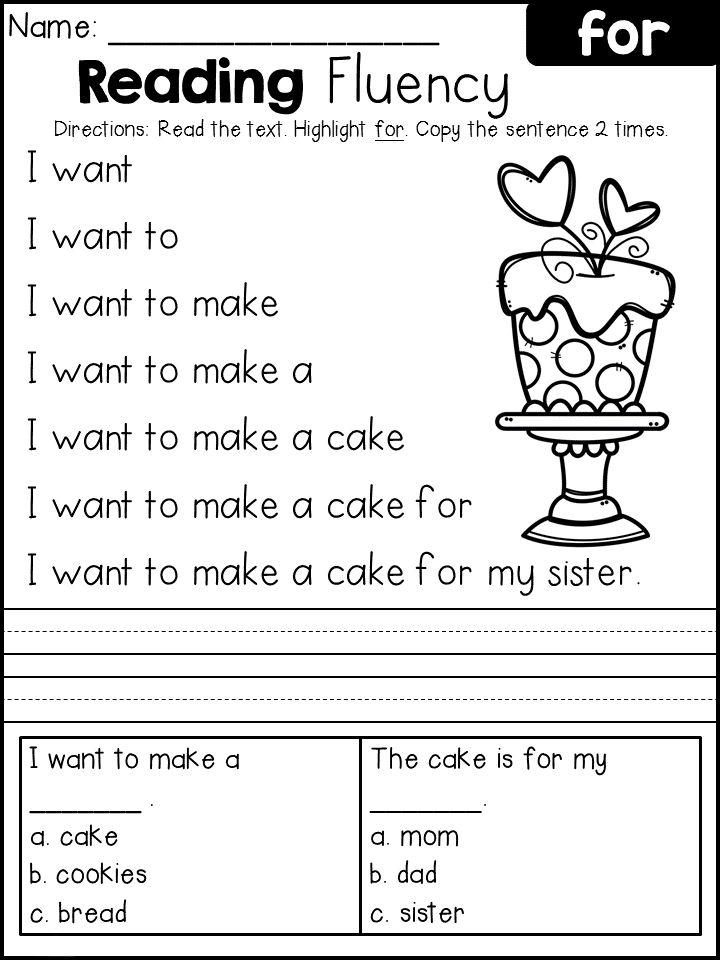 With the beginning of school, you should not give up the habitual reading aloud at night and transfer the child only to independent reading, even if he can read and does it well himself. nine0003
With the beginning of school, you should not give up the habitual reading aloud at night and transfer the child only to independent reading, even if he can read and does it well himself. nine0003
Oct. Separate reading, reading in turn with a parent
The oldest and kindest way to get a child interested in books. Sheer manipulation for good. You open something very exciting, and at the most interesting place you sigh: "I'm tired of something, let's finish it tomorrow?" For parents-facilitators who do not even accept this type of manipulation, a life hack - try to agree with the child to read in fairness: the page is me, the page is you. It’s not a fact that it will help, but then the next item will help you. nine0003
Nov. Reading-competition for speed
Unfortunately, competition in any school, even super-liberal, cannot be avoided. There will always be children in the class who read faster, more, more voluminously, in the original. Someone competitive moment motivates.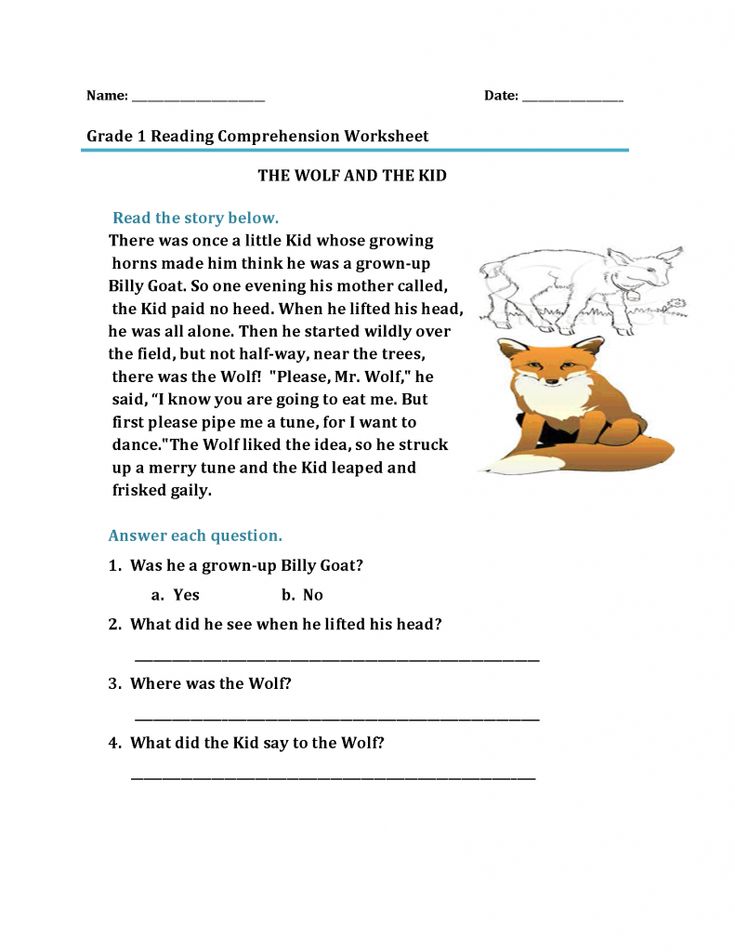 But some children refuse to compete or are frustrated by such speed reading. What do we offer for those who do not want to participate in this? Paying for a page read and penalizing for an unread page are barbaric, outdated methods. nine0003
But some children refuse to compete or are frustrated by such speed reading. What do we offer for those who do not want to participate in this? Paying for a page read and penalizing for an unread page are barbaric, outdated methods. nine0003
Play and fantasize! If a child needs to master skills that are not close to him in a short time, you can do this through a game form. For example, imagine that he is a gamer passing through the levels of the game. The reward for passing should be intangible, let it be an experience or pleasure: a picnic, rides, an interesting trip. Everything a child wants and loves.
December. Independent reading
It is difficult for children to read on their own. At first, agree that you read together. You are your book, the child is yours. For starters, 15-20 minutes is enough. Read while sitting next to each other. nine0003
It is also important to include this in the existing daily routine of the first grader as a new item. If possible, choose to read at the same time of the day or evening.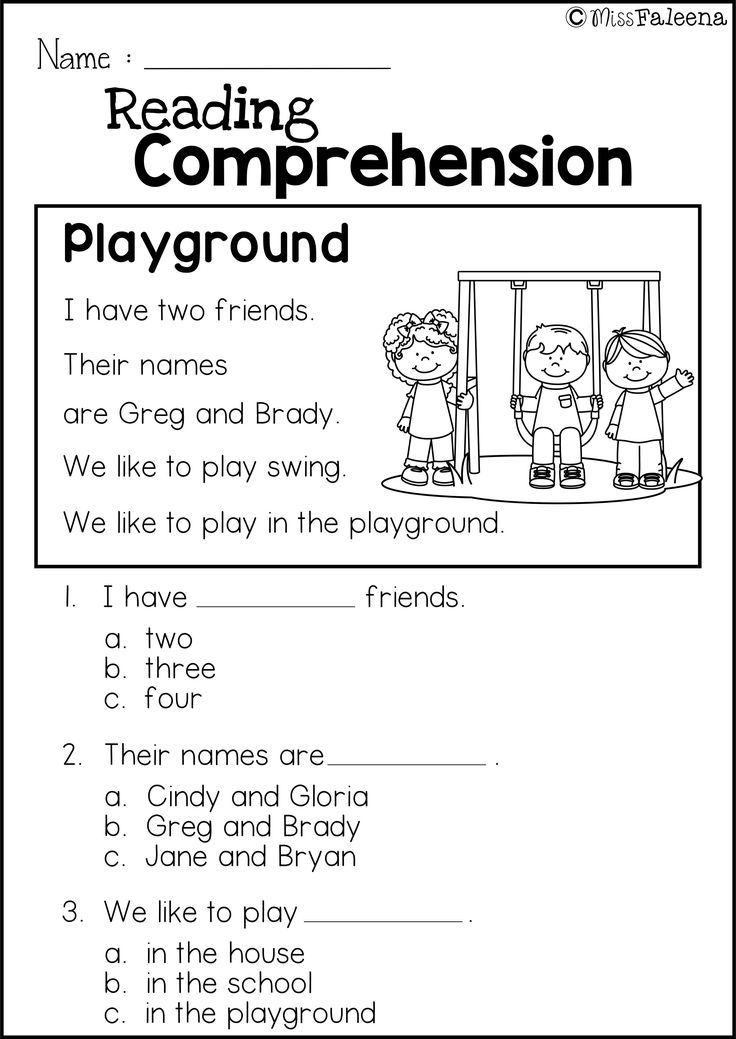 And complement it with an atmosphere: a blanket, a lamp, calmly and well together. The more peaceful reading brings, the better. This ritual is a complete replacement or a great addition to reading aloud at night.
And complement it with an atmosphere: a blanket, a lamp, calmly and well together. The more peaceful reading brings, the better. This ritual is a complete replacement or a great addition to reading aloud at night.
January. Vacation Reading
Get the most out of it. Make an event out of reading on vacation. You can go to a library or a bookstore, walk between the shelves for a long time, choose, flip through, buy a special shopper, funny bookmarks, notepads for quotes, impressions, drawings. And, of course, choose an atmospheric New Year or Christmas story - there will definitely be a lot of such books in libraries and stores at this time. nine0003
Feb. Reading what is not interesting to read according to the school curriculum
If the program requires you to read a dull poem or an uninteresting story, turn on the “at least something good” principle. Is there anything good in this? Phrase, word, author's name, joke or dialogue?
This principle, by the way, will be useful not only for reading, but will be useful further - during study in general.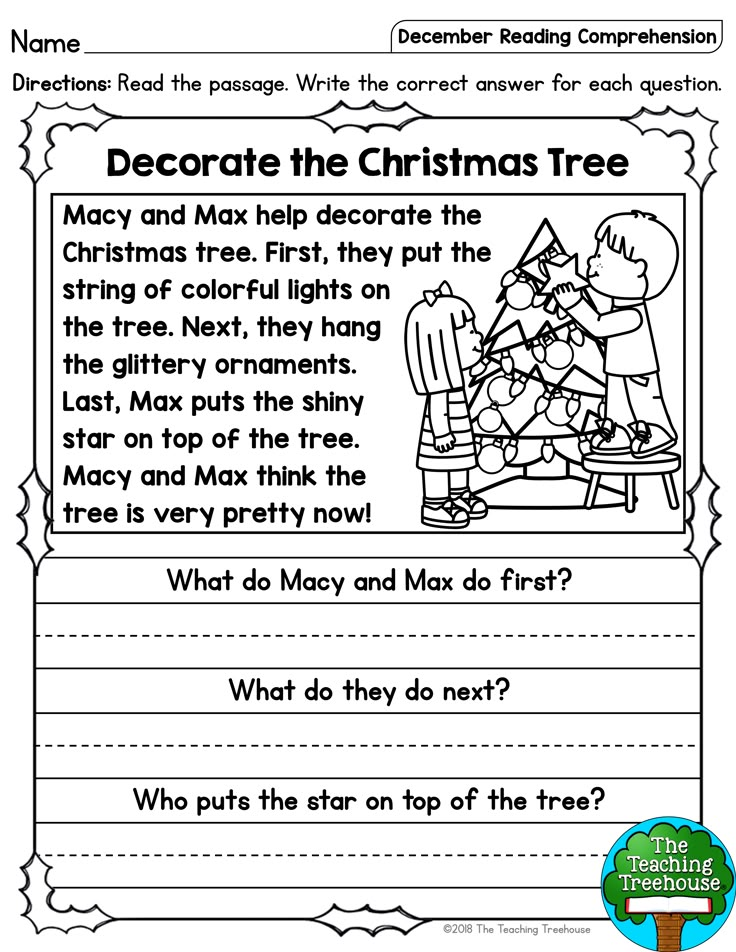
Mar. Reading and writing
From reading to writing, but not in a direct way. Invite your child to describe his past day in one word and write this word in capital letters. Try to come up with new words every day and not repeat yourself. nine0003
You will start with the word "normal", but then everything will be much more interesting.
April. Reader's diary.
Let the child keep a diary as he wants. Write down everything that comes to mind, and don't be afraid of mistakes and absurdities, play and remember funny cases. Spilled juice on a book? Did a strange bird fly in while reading? All this can be written down, even if it is not directly related to what was read.
May. Summer Reading List
This month's motto is total autonomy. nine0003
Invite the child to think over and form a list of books for the summer holidays, estimate how much he will master, what topics interest him most - and go to the library together. At this stage, the Moscow “Summer Reading Program”, which takes place every year in the libraries of the capital, will help you.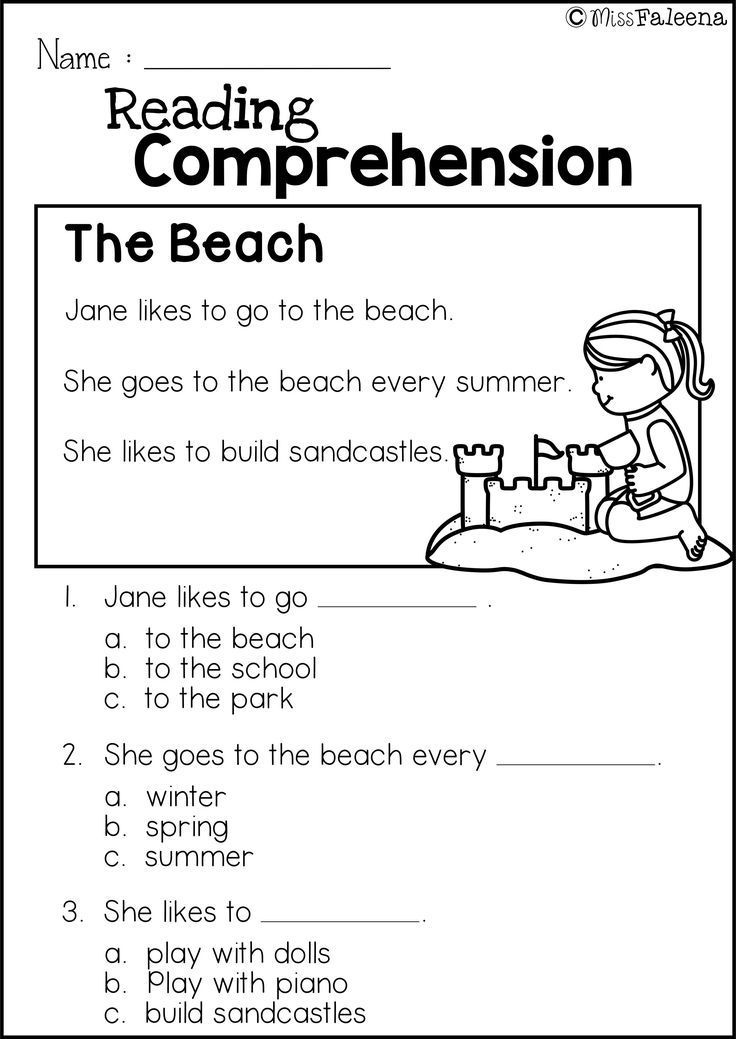
Its goal is to introduce children to reading, the main principle is the absence of competition, and the motto is "Reading is pleasure and a variety of opportunities."
List of books about school and study:
- The book as medicine for children, Ella Berthou, Susan Elderkin
- Like a Novel, Daniel Pennack
- Calculation. How to help your child fall in love with reading”, Yulia Kuznetsova
- Franz Tales series, Christine Nöstlinger
- Big Little Girl series, Maria Bershadskaya
- "My happy life" and other books by Ruse Lagercrantz
- Ella in First Class, Timo Parvela
- "Notes of an outstanding loser", Artur Givargizov
- Matilda, Roald Dahl
This autumn, the Central City Children's Library named after A.P. Gaidar traditionally holds an action of acquaintance of first-graders with children's libraries "First-class reader".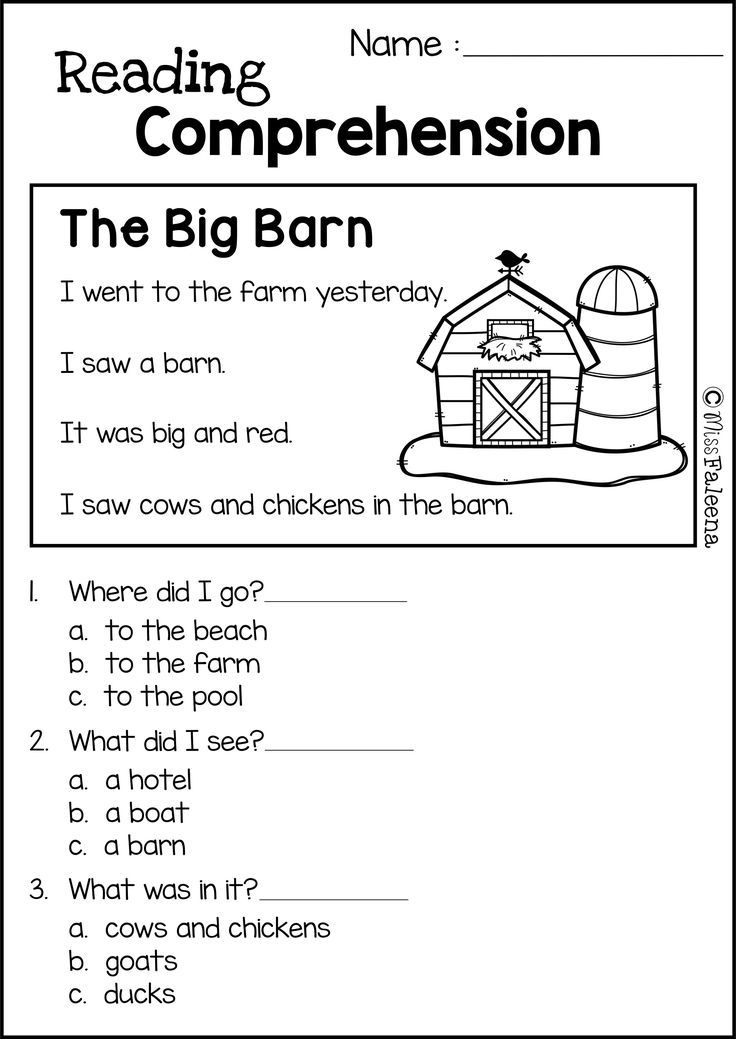 The action has already started in an online format, access to a family lesson with the participation of children's writers and scientists is open on October 31. To participate in the lesson, you need to register on the "Online. Library City. After registration, you will also get access to the free selection of First Grader Books on LitRes and Boomate services. nine0003
The action has already started in an online format, access to a family lesson with the participation of children's writers and scientists is open on October 31. To participate in the lesson, you need to register on the "Online. Library City. After registration, you will also get access to the free selection of First Grader Books on LitRes and Boomate services. nine0003
Illustration: Shutterstock / Archv
Reading for first graders - a selection of books for the 1st grade from the publishing house "Eksmo"
Primer (according to SanPin)
Nadezhda Zhukova
This "Primer" was developed by the candidate of pedagogical sciences Zhukova. This book is an example of a classic textbook that three generations of children have successfully learned from.
More details
Choose the most convenient promotion:
E-book Russian fairy tales (illustrated by I. Egunov)
A large-format book for lovers of fairy tales — with wonderful drawings by Igor Yegunov, designed in the best traditions of domestic book illustration.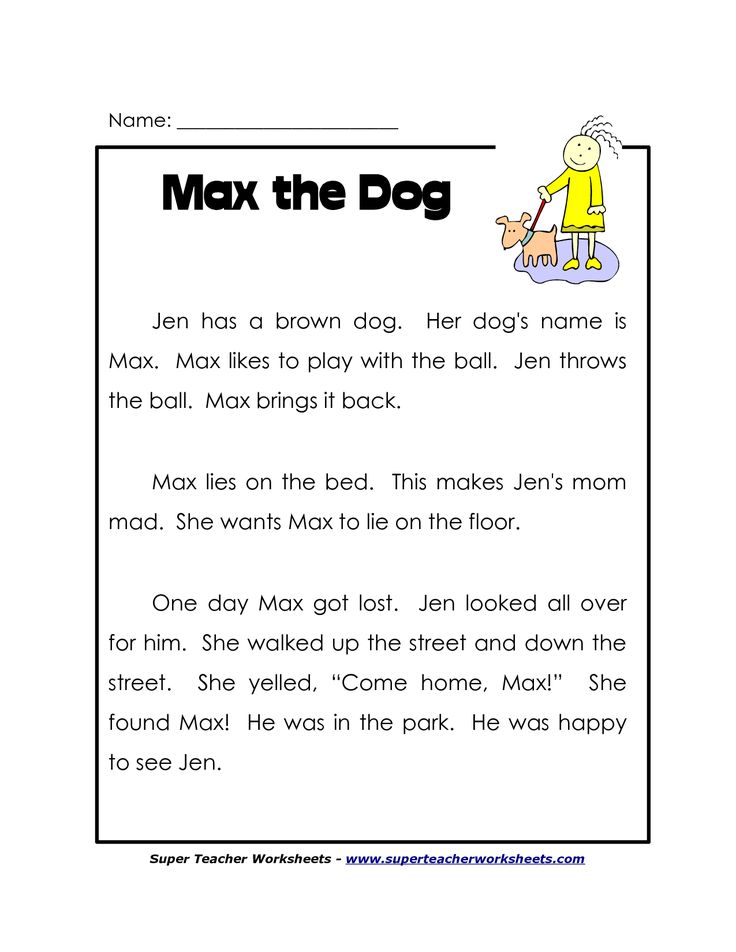 Among the heroes of fairy tales are the Frog Princess, Koschey the Immortal, Morozko, the Tsar Maiden and many others.
Among the heroes of fairy tales are the Frog Princess, Koschey the Immortal, Morozko, the Tsar Maiden and many others.
More details
636 ₽
775 ₽
-18%
Choose the most convenient promotion:
Other editions
Elephant went to school
David Samoilov
David Samoilov's funny and entertaining fairy tale in verse, which you can read by roles and create your own children's play! This book is sure to lift your child's spirits.
Read more
Other editions
Poems for children
Agniya Barto
Texts in verse form allow the child to develop speech and memory at the same time. This book contains poems: “We are with Tamara”, “Amateur fisherman”, “Lyubochka” and 115 more best poems by Agnia Barto. nineRead more Part 1. 2nd ed., corrected. and reworked.
Pyatak S.V.
This book is for children who already know letters.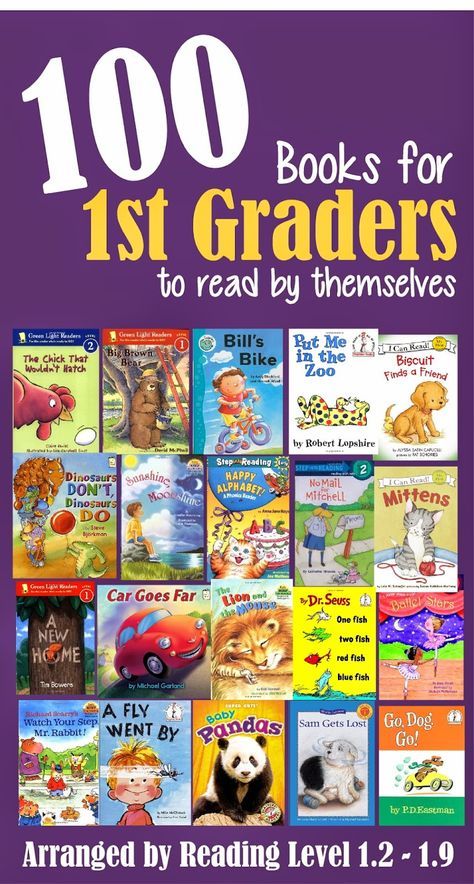 The proposed exercises contribute to the development of attention, memory, thinking, coherent speech and enrich the child's vocabulary.
The proposed exercises contribute to the development of attention, memory, thinking, coherent speech and enrich the child's vocabulary.
More
225 ₽
289 ₽
-22%
Choose the most convenient promotion:
E-book I read easily and correctly: for children 6-7 years old
Pyankova E.A.,
This book will give your child the reading skills they need to succeed in elementary school. With the help of a special testing methodology, you will be able to correctly assess the reading skills of a child, choose the optimal development program for him and, in the process of learning, adjust it depending on what your child is interested in. nine0003
Read more
570 ₽
695 ₽
-18%
Select the most convenient action:
Other editions
Russian folk tales (Il. M. Litvinova)
included Tales: "Tales:" "" "" "" " The Sea Tsar and Vasilisa the Wise", "The Frog Princess", "The Nesmeyana Princess" and others.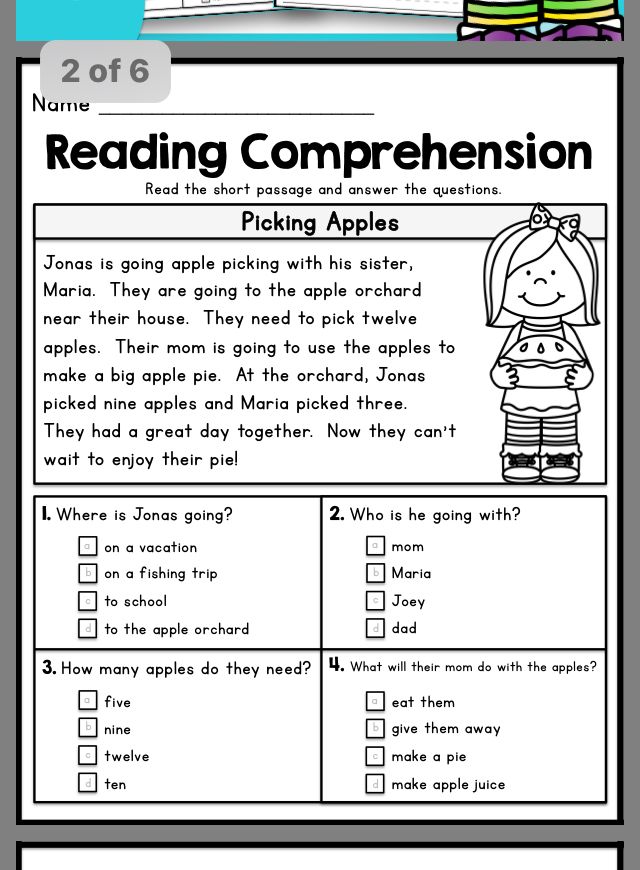 Convenient small format and colorful design make this book easy to read.
Convenient small format and colorful design make this book easy to read.
Read more
0002 241 ₽
-24%
Select the most convenient action:
Other editions
Mishkin Porridge (ill. V. Kanivtsa)
Nikolai Nosov
The collection included eight stories of the famous master of children's literature Nikolai Nosov about the adventures of two friends Kolya and Misha and about the unlucky Fedya Rybkin. Funny stories are accompanied by vivid illustrations by Vladimir Kanivets.
Read more
425 ₽
525 ₽
-19%
Choose the most convenient promotion:
Other editions
I'm right. From the first lessons of oral speech to the "Primer"
Nadezhda Zhukova
All methodological literature according to the author's program of Nadezhda Zhukova is based on a combination of traditional and original speech therapy methods and is combined into a system.